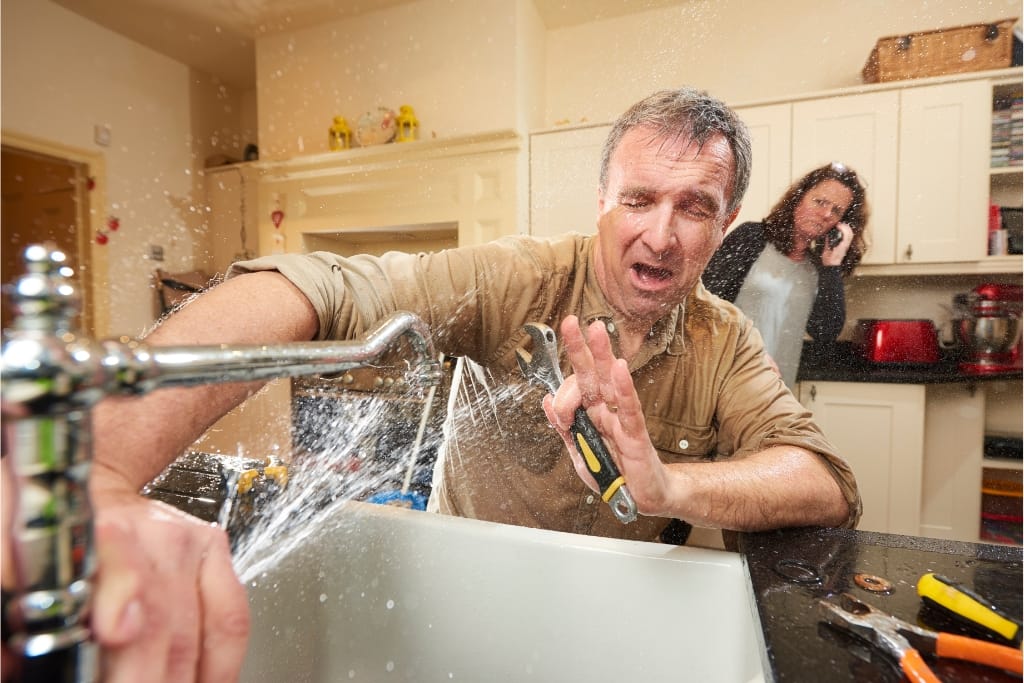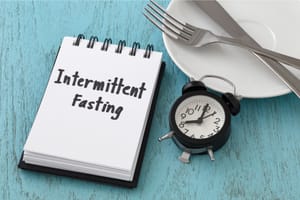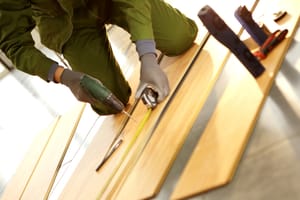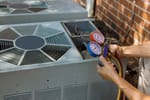Congratulations on your new home! As a new homeowner, you may be feeling excited and overwhelmed at the same time.
One of the essential things that you need to learn is plumbing maintenance.
Plumbing issues can cause significant damage to your home, and they can be costly to repair.
To help you out, we've put together seven plumbing tips for new homeowners.
1)) Know Your Water Shut-Off Valve
In case of a plumbing emergency, you need to know where your main water shut-off valve is located.
Typically, it's located near the water meter or outside your home.
Turning off the valve will stop the water flow, preventing any further damage until a plumber arrives.
2)) Be Mindful Of Flushables
Remember, not everything can go down the toilet.
Avoid flushing items such as wipes, tampons, and hair down the toilet.
These items can cause blockages in your pipes, leading to clogs and damage to your plumbing system.
3)) Check For Leaks
Leaks can cause significant water damage and increase your water bill.
Check for leaks in your faucets, showerheads, and pipes regularly.
Leaks in your water heater can also cause damage and increase your energy bill.
4)) Ditch The Chemical Drain Cleaners
Avoid using chemical drain cleaners as they can damage your pipes and be harmful to the environment.
If you have a clogged drain, try using a plunger or a drain snake.
If these methods don't work, call a professional plumber.
5)) Water Pressure Matters
High water pressure can cause damage to your plumbing system and increase your water bill.
If you notice that your water pressure is too high, you can install a pressure-reducing valve or contact a plumber to install one for you.
6)) Maintain Your Water Heater
Water heaters last between 7-15 years, depending on the model and care.
To prolong its life, you can flush it regularly to remove sediments that can cause damage.
Have a professional plumber inspect and service your water heater every year.
7)) Avoid DIY Plumbing
Unless you're a licensed plumber or have lots of hands-on experience, avoid doing any major plumbing repairs by yourself.
You might cause more damage, leading to higher repair costs.
Always call a professional plumber for any plumbing repairs or installations.
Conclusion
Following these seven plumbing tips will help you minimize the likelihood of costly plumbing repairs and ensure the longevity of your plumbing system.
Remember to be mindful of flushables, check for leaks, maintain your water heater, avoid DIY plumbing repairs, and call a professional plumber for any plumbing repairs or installations that are beyond your capabilities.
With these tips, you can enjoy your new home without worrying about plumbing issues.
Download Our Free E-book!








